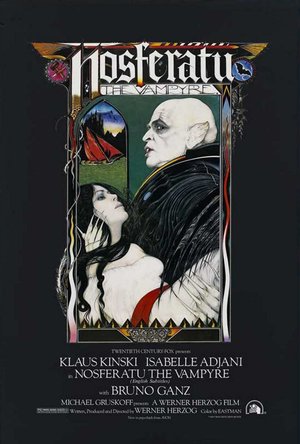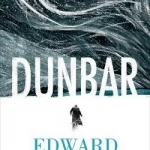
Dunbar (Hogarth Shakespeare)
Book
'I really did have an empire, you know,' said Dunbar. 'Have I ever told you the story of how it was...
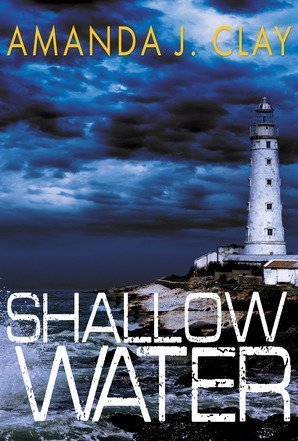
Shallow Water
Book
“It’s like reading Gillian Flynn with a romance.” - Berkeley Publishing. It’s been eight...
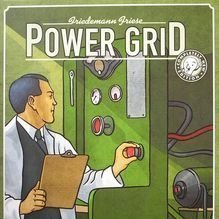
Power Grid
Tabletop Game
Power Grid is the updated release of the Friedemann Friese crayon game Funkenschlag. The latest...
Heather Cranmer (2721 KP) created a post
Dec 15, 2021
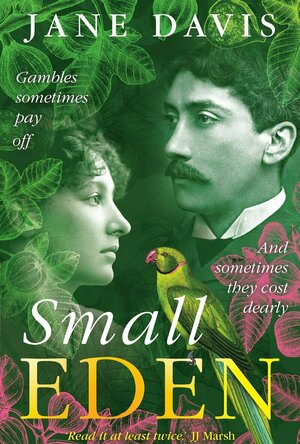
Small Eden
Book
A boy with his head in the clouds. A man with a head full of dreams. 1884. The symptoms of...
Historical Fiction 1864-1910
Matthew Krueger (10051 KP) rated Nosferatu the Vampyre (1979) in Movies
Oct 28, 2020 (Updated Oct 28, 2020)
The plot: Jonathan Harker is sent away to Count Dracula's castle to sell him a house in Virna, where he lives. But Count Dracula is a vampire, an undead ghoul living off men's blood. Inspired by a photograph of Lucy Harker, Jonathan's wife, Dracula moves to Virna, bringing with him death and plague... An unusually contemplative version of Dracula, in which the vampire bears the cross of not being able to get old and die.
There are two different versions of the film, one in which the actors speak English, and one in which they speak German.
Herzog's production of Nosferatu was very well received by critics and enjoyed a comfortable degree of commercial success.
The film also marks the second of five collaborations between director Herzog and actor Kinski.
While the basic story is derived from Bram Stoker's novel Dracula, director Herzog made the 1979 film primarily as an homage remake of F. W. Murnau's silent film Nosferatu (1922), which differs somewhat from Stoker's original work. The makers of the earlier film could not obtain the rights for a film adaptation of Dracula, so they changed a number of minor details and character names in an unsuccessful attempt to avoid copyright infringement on the intellectual property owned (at the time) by Stoker's widow Florence. A lawsuit was filed, resulting in an order for the destruction of all prints of the film. Some prints survived, and were restored after Florence Stoker had died and the copyright had expired.
By the 1960s and early 1970s the original silent returned to circulation, and was enjoyed by a new generation of moviegoers.
In 1979, by the very day the copyright for Dracula had entered the public domain, Herzog proceeded with his updated version of the classic German film, which could now include the original character names.
Herzog saw his film as a parable about the fragility of order in a staid, bourgeois town. "It is more than a horror film", he says. "Nosferatu is not a monster, but an ambivalent, masterful force of change. When the plague threatens, people throw their property into the streets, they discard their bourgeois trappings. A re‐evaluation
of life and its meaning takes place."
Like i said its a decent movie.
Erika Kehlet (21 KP) rated The Medici Boy in Books
Feb 21, 2018
After reading the title, The Medici Boy, I expected this to mainly be a novel about the Medicis. While they do play a part, the story focuses on Donatello and his infatuation with the young model/prostitute Agnolo (the titular "Medici Boy"), who poses for his bronze "David and Goliath". The whole thing is told to us in the form of a final written memoir by Luca Mattei, one of Donatello's assistants, as he nears the end of his days imprisoned for a murder that he committed out of love for his friend Donatello.
I have mixed feelings about this book. I had a hard time relating to most of the characters in this story, and the lack of action caused the book to feel somewhat slow at times, but it is very well written. The descriptions of Florence and her history, and the detailed references to Donatello's artistic processes were interesting and seem to have been very well researched.
Students of art history and those who have an interest in the Renaissance or Italian history in general should really enjoy this book.
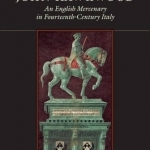
John Hawkwood: An English Mercenary in Fourteenth-Century Italy
Book
This book is the winner, 2008 Otto Grundler Book Prize, The Medieval Institute Notorious for his...
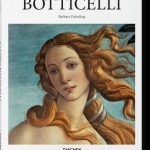
Botticelli
Book
Renaissance Grace Allegory and beauty in Florence With the patronage of the powerful Medici family,...

The Gefiltefest Cookbook: Recipes from the World's Best-Loved Jewish Cooks
Book
From the humble aubergine to the outstanding Friday night dinner, food plays an enormous part in...
